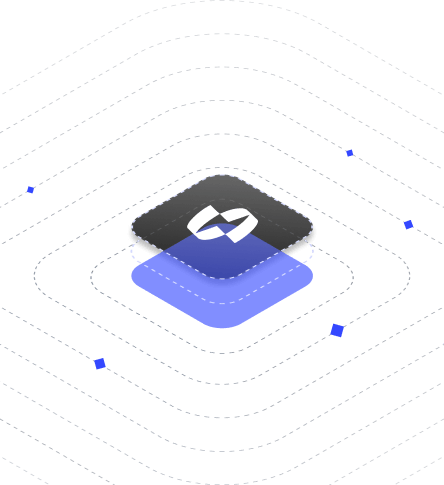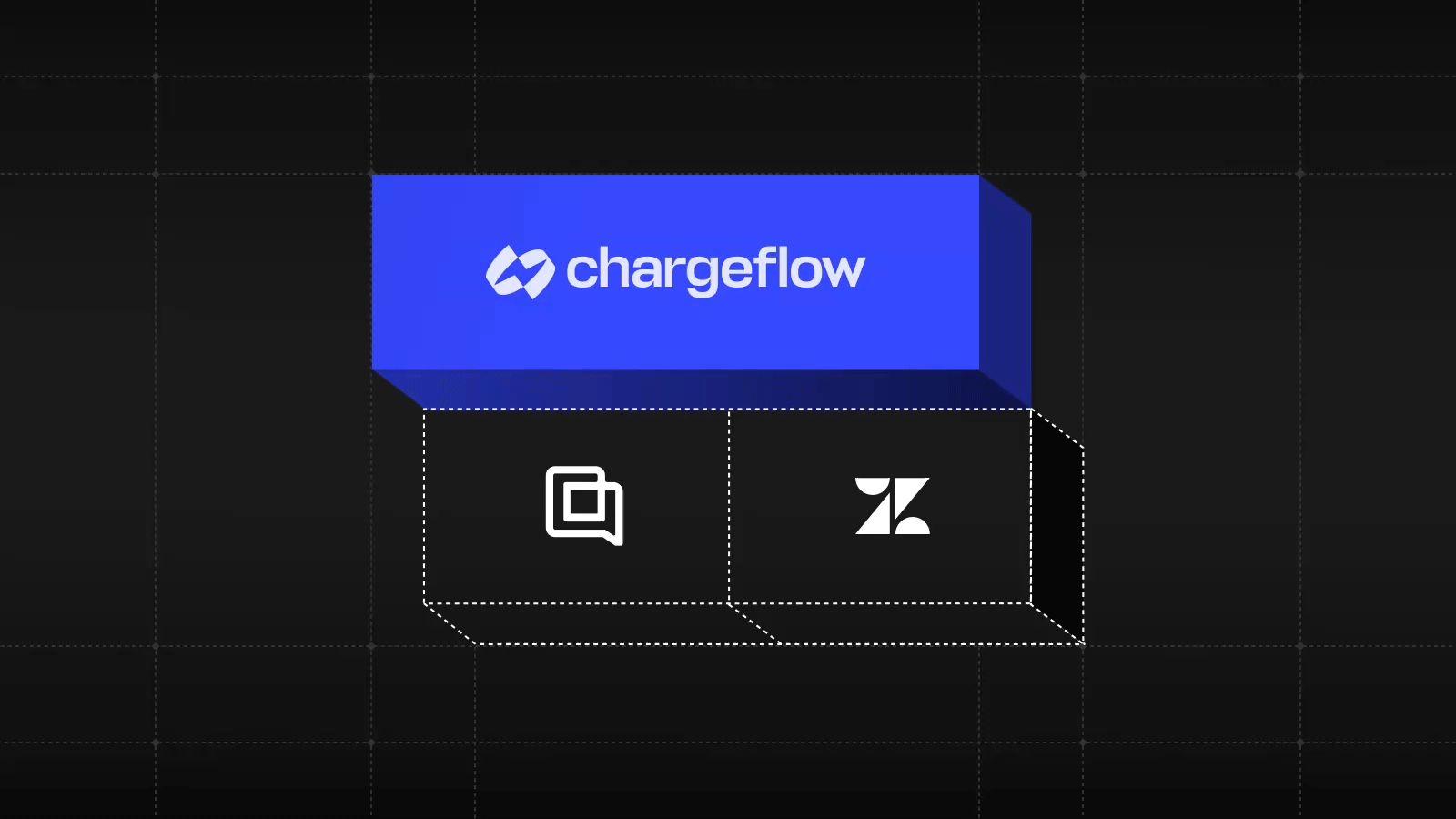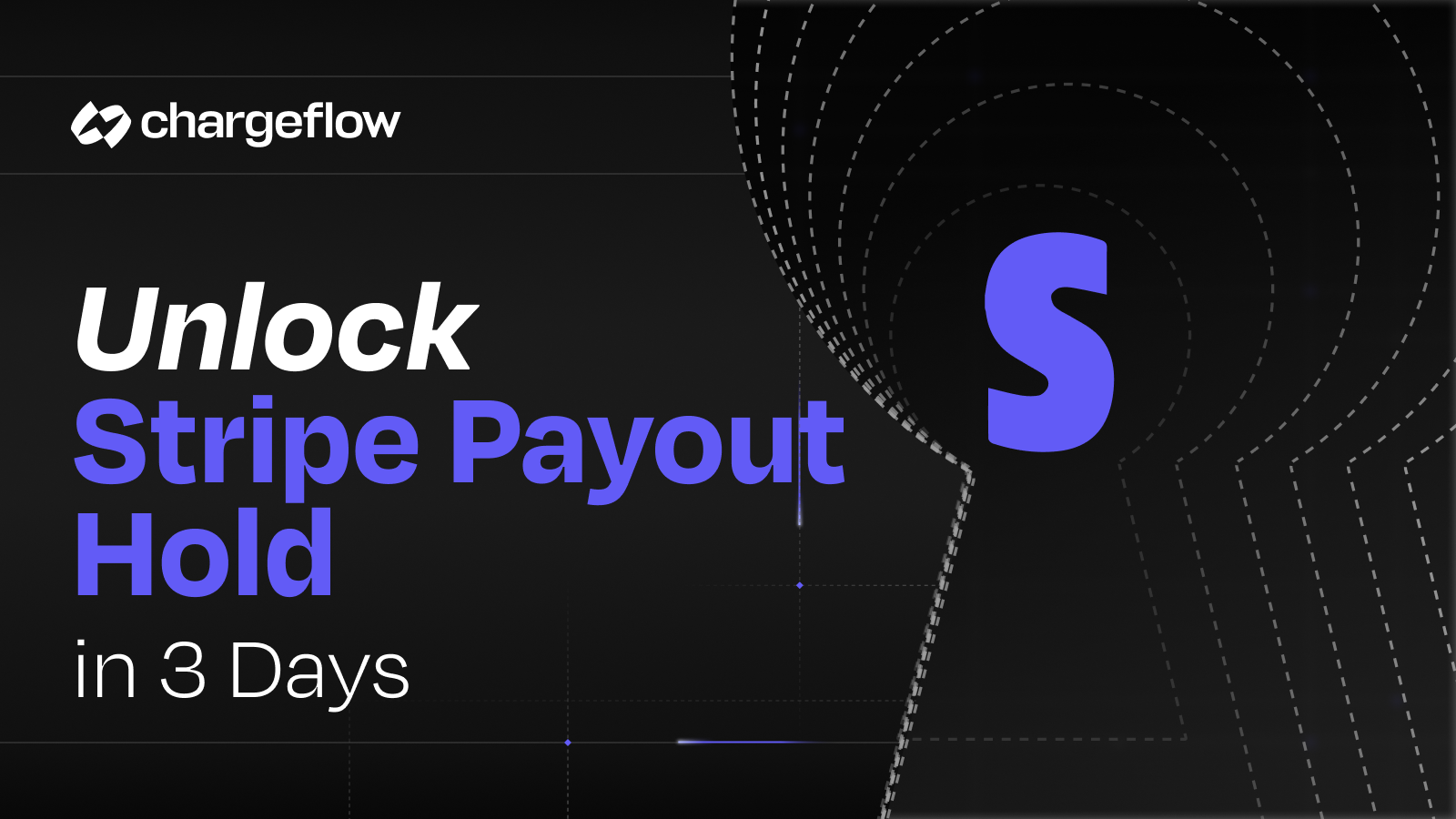What is a Chargeback? Chargeback Definition

Chargebacks?
No longer your problem.
Recover 4x more chargebacks and prevent up to 90% of incoming ones, powered by AI and a global network of 15,000 merchants.
When consumers are dissatisfied with a purchased product or service, a Federal law enables them to dispute that specific transaction with their bank.
A chargeback is a forceful reversal of transaction funds by the cardholder's card issuer or financial institution.
When consumers are dissatisfied with a purchased product or service, a Federal law (The Fair Credit Billing Act of 1974) enables them to dispute that specific transaction with their bank for payment reversal without involving the merchant.
Each single chargeback process involves the following entities:
- Cardholder: The owner of the card used in a transaction.
- Merchant: The individual that sold merchandise or services under dispute.
- Issuer: The financial institution or credit card company that supplied the card to the cardholder.
- Acquirer: The financial institution acquiring payments on the merchant’s behalf.
- Card Association: The provisional credit card network (Visa, Mastercard, American Express, etc.) that oversees the entire procedure.
Chargeback fraud, the abuse of the chargeback concept affects the entire eCommerce ecosystem, not just individual retailers. However, businesses suffer more consequences as chargebacks reduce a merchant’s income and attract hefty penalties. If a company gets many chargebacks, its chargeback ratio increases. That itself is a bigger problem.
Below are the reasons why chargebacks happen.
Why Cardholders File Chargebacks
Generally speaking, cardholders file a chargeback when someone makes an unauthorized transaction or fraudulent purchase with their payment card. That's for legitimate cases. However, some cardholders also file a claim after receiving their purchased order. That technique is called “friendly fraud.” Industry estimates show that friendly fraud accounts for ~86% of all chargebacks.
Below are the notable reasons why chargebacks happen:
- Fraud: Fraudulent transactions are the most common reason for chargebacks. Here, the cardholder claims that someone made an unauthorized transaction with their payment card.
- Product Not Received: The customer claims they did not receive purchased products or services.
- Credit Not Processed: The buyer claims they returned a purchased product or canceled a transaction, but you have yet to provide a refund or credit.
- Subscription Canceled: The customer claims that you continued to charge them after they canceled a subscription.
- Clerical Error: You billed the buyer more than once for the same item, or a return was made, and a refund is due. This is not a fraudulent activity from the merchant side, but a processing error or human error.
- General: This is an uncategorized payment dispute. As such, you need to search for previous conversations with the customer to understand why they disputed the payment. It could also be that the cardholder does not have funds in their wallet to cover the administrative cost or due to a bank error.
Each of these scenarios results in a particular type of chargeback that can affect your credit score.

Can You Dispute a Chargeback as a Merchant?
The fact that a customer filed a chargeback against you is not a full-stop revenue loss. If you suspect the customer's claim is misrepresented, you can contest it using Chargeflow’s automated chargebacks system within the platform time limit. This proactive approach helps reduce the impact of unjustified chargebacks. It also helps in minimizing associated business costs.
Chargeback representment is time-consuming and requires accurate knowledge of the process. Leveling up with tools crafted with specialized knowledge of the process and insight from intelligent technologies is the right move any day.
Note! Chargebacks are not a cost of doing business. You must respond to ALL types of chargebacks with compelling evidence. Remember, if you breach the chargeback threshold, your acquirer could terminate your merchant account.
In this article, we shared extensive details to help you avoid disputes and chargeback claims from happening in the first place and safeguard yourself from fraudulent charges on various payment gateway.

What Happens When a Customer Files a Chargeback?
When a consumer files a chargeback with their bank, the bank/card issuer reviews the case and assigns a chargeback reason code, if they feel the cardholder has a valid case. The reason code indicates why the cardholder seeks a payment reversal.
The bank charges a chargeback fee against the merchant. They'll send a notification of the deduction to the merchant’s bank. The merchant will then decide whether or not the deduction has merit. If they conclude the chargeback is meritless, they must provide sufficient evidence to counter the payment reversal and reclaim the funds from credit card issuers.
If the merchant proceeds to fight the chargeback, this next step comes into play:
Their acquirer will receive compelling evidence and evaluate it against the case. The acquirer will dispute the chargeback to the bank if the evidence is clear enough. The merchant acquirer re-presents the chargeback.
The bank reviews the documentation and reaches a final decision. They’ll bill the transaction to the consumer if the merchant presents compelling evidence and remit the original transaction fund back to the merchant. The process can continue if the customer or their bank files a second chargeback.
Final Thoughts
Chargebacks are a consumer protection tool. It serves as an instrument to encourage fairness in card transactions. Unfortunately, cardholders have abused it and scammers now use chargebacks to steal from merchants.
While chargeback representment helps merchants to fight back, the process is cumbersome. It presents little positive outcomes; merchants only have a 12% success chance. That's where Chargeflow comes in.
Chargeflow is a fully automated chargeback solution that helps you win cases on autopilot. It helps you fight friendly fraud without lifting a finger. To learn more, please contact our sales team.

Chargebacks?
No longer your problem.
Recover 4x more chargebacks and prevent up to 90% of incoming ones, powered by AI and a global network of 15,000 merchants.






























.png)








